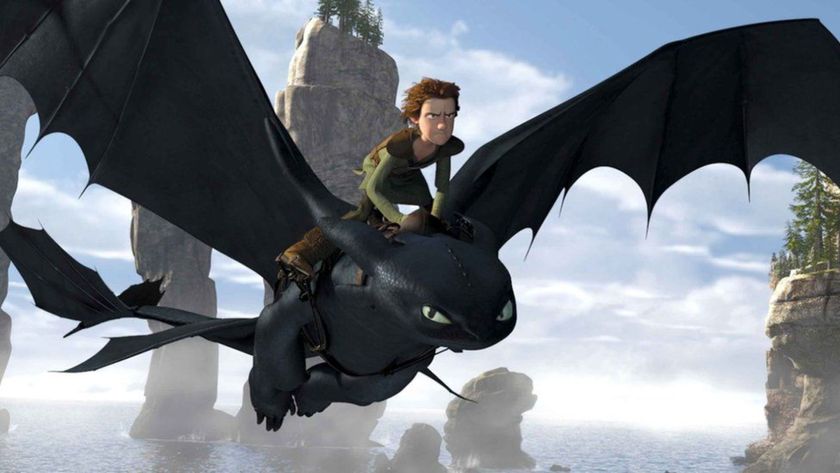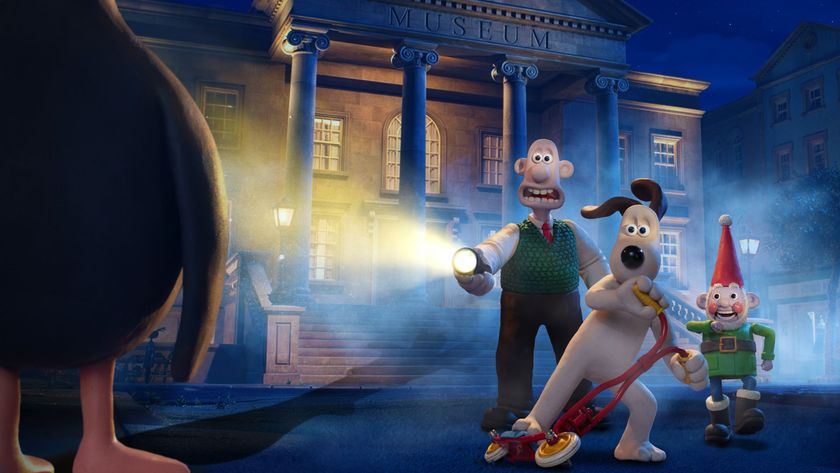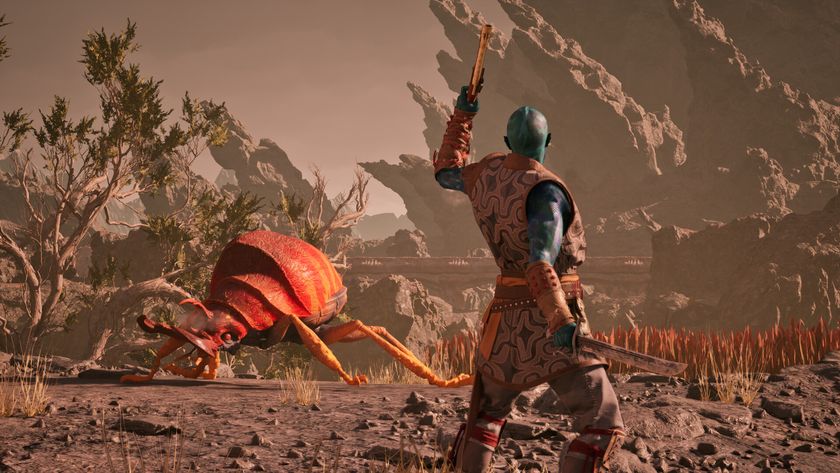Why you can trust 12DOVE
You need a lot of balls – or not much brains – to remake Alan Clarke’s The Firm (1988), a gutsy made-for-TV drama about football hooliganism.
A lot of balls, not much brains... Especially if you’re Nick Love, a filmmaker routinely lambasted for glorifying violence, whose last film (revenge-posse flick Outlaw) was blasted as repugnant, irresponsible and reactionary.
Love’s The Firm is none of those things; it is his most mature movie to date and his best, too (not hard, his detractors will sneer, conveniently overlooking the many good things about The Business and Goodbye Charlie Bright).
It retains not just the era of Clarke’s original but a number of its key scenes too, nonetheless emerging as its own spittle-spraying beast thanks to Love’s smart decision to move peripheral character Dom front and centre.
Lairy and likeable, 17-year-old Dom (Calum McNab) is now our eyes and ears as he sidles his way into West Ham’s infamous Firm after brushing up against its fearsome leader Bex (Paul Anderson, good if no Gary Oldman) in a club. Dom is infatuated by the scene – the bars, the clothes, alpha-male Bex himself – but sickened by the violence. Not good when your Saturdays are dedicated to escalating turf wars…
Gifted his first lead after playing a small role in Love’s inferior companion piece The Football Factory, McNab is terrific, ably eliciting our sympathies throughout and successfully communicating Dom’s queasiness each time someone breaks out a bottle, hammer or knife. The gang wars are shot on the run and off the cuff, and it’s this refusal to linger or leer, married to McNab’s palpable fear and loathing, that makes The Firm work.
OK, so the rest of the film has a visual gloss that owes more to the pulsing ’80s soundtrack and the lurid sports clobber than Clarke’s scuffed, scrappy images, but this is a surprisingly strong remake. Nice one.
Jamie Graham is the Editor-at-Large of Total Film magazine. You'll likely find them around these parts reviewing the biggest films on the planet and speaking to some of the biggest stars in the business – that's just what Jamie does. Jamie has also written for outlets like SFX and the Sunday Times Culture, and appeared on podcasts exploring the wondrous worlds of occult and horror.
Most Popular







